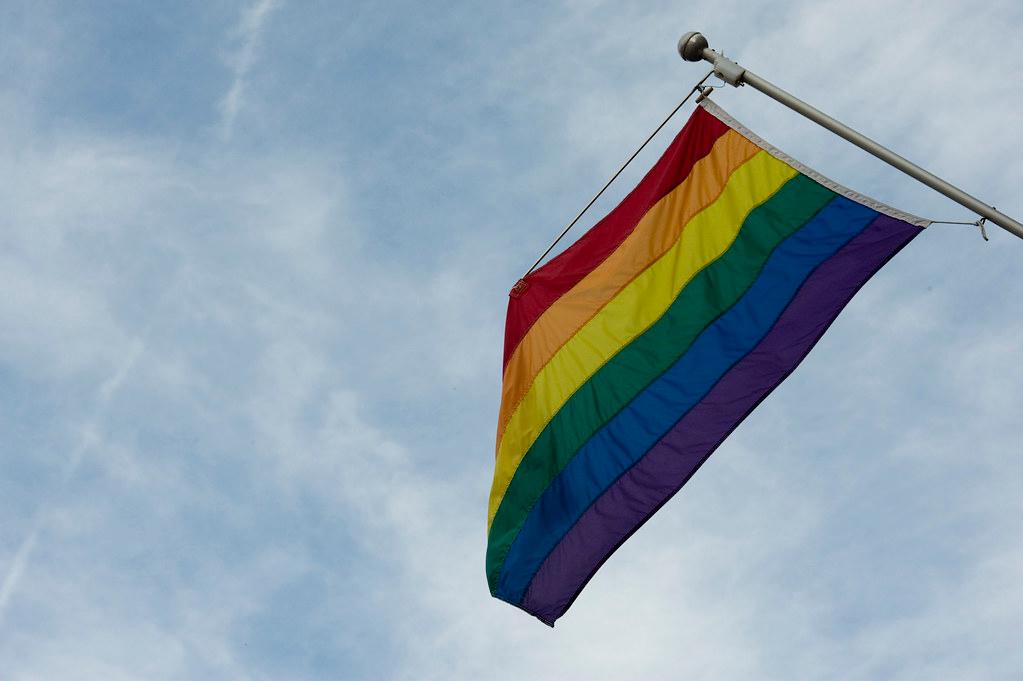

Despite huge progress in policies to benefit and protect LGBTQ Coloradans, “the reality of achieving health has stagnated - or in some cases worsened,” said Cara Cheevers, policy director for One Colorado.
Closing the Gap: The Turning Point for LGBTQ Health shows that while the LGBTQ population has the same concerns as the general population such as affordability, access and quality of care, it also faces several unique challenges: lack of understanding, discrimination, stigma, violence and higher rates of health problems, which “can compound and produce worse health outcomes,” Cheevers said.
The report reviews progress made since the last health report published in 2011. Currently, 5 percent of the LGBTQ community in Colorado is uninsured, compared to 10 percent in 2011. And more people, 83 percent in 2018 compared to 73 percent in 2011, said their health insurance coverage was comparable to their non-LGBTQ coworkers
However, barriers still exist, particularly in finding LGBTQ-competent and inclusive health care providers, and a feeling of safety in openness with providers. Nearly a third say they do not have sufficient access to LGBTQ competent providers in their insurance networks, up from 21 percent in 2011.
LGBTQ Coloradans are three times more likely to have been diagnosed with anxiety or depressive disorder as non-LGBTQ Coloradans. The percent of LGBTQ individuals in Colorado who report feeling down, depressed, or hopeless, or who report having little interest or pleasure in doing things, has increased since 2011. The report finds that 18 percent of LGBQ individuals and 41 percent of transgender people have contemplated suicide, compared to just 6 percent of the general public.
Experiences of discrimination by LGBTQ individuals impact their health and well-being. The report finds an increase in the incidence of verbal harassment as a result of homophobia and transphobia since 2011, and that nearly one in five LGBTQ Coloradans report that someone such as a counselor or therapist has tried to change their sexual orientation or gender identity.
Colorado Lawmakers and Gov. Jared Polis this year outlawed therapists and other health care providers from engaging in so called “conversion therapy” with minors.
Transgender Coloradans in particular face barriers, such as struggling with getting insurance to pay for surgeries. In 2018, a third of transgender Coloradans reported having been denied coverage for medical services, such as hormones, HIV medications, and gender-affirming care.
Dr. Rita Lee, associate professor at the University of Colorado School Of Medicine said all patients should have access to inclusive and medically necessary care.
“The data demonstrates that inclusive care plays a significant role in patients actually getting the care that they need,” she said. “From the health care perspective, gender-affirming care is medically necessary care in the same way treatment for diabetes or high blood pressure is medically necessary.”
The report offers a number of recommendations for policymakers and community members, including creating a statewide network of LGBTQ-competent health providers, training for medical and behavioral health providers, and changing all medical forms, policies and procedures to be inclusive of LGBTQ people.
Web Brown, director of the Office of Health Equity at the Colorado Department of Public Health and Environment said the social determinants of health — where we live, work, learn and play — determines nearly eighty percent of our health.
“When we also face more systemic barriers because of sexual orientation and gender identity, we have even fewer opportunities available to be healthy.”









